This piece about my transition from postdoc to working in postdoc affairs originally appeared in the National Postdoctoral Association's online newsletter, The POSTDOCket, in April 2019. I have added some additional thoughts and reflections in bold (red).
Although developing programming to be broadly relevant and useful to postdocs from varying fields was a challenge, we made progress in reaching a larger and more diverse population of Vanderbilt postdocs through our social and professional development events. While interacting with postdocs in my VPA leadership roles, I began to understand the range of challenges they faced: international employment issues, family care issues, mental health issues, and lack of supervisor/mentor support, just to name a few.
I have subsequently written about some of the challenges postdocs face on this blog.
See:
- The Challenges of Being an International Researcher: Implications for Advanced Degree Labor Markets
- Call to Action: Measuring Postdoc Impact
I can't emphasize enough the value of getting involved in something beyond your work/lab/school while a graduate student or postdoc....you learn so much about other skills you have to offer and, through volunteering, have a chance to give back to your community.
In speaking with NPA poster presenters, I learned how they successfully campaigned for higher starting postdoc salaries, organized joint events with nearby institutions to share costs, leveraged alumni networks, and tracked career outcomes. The importance of using data to campaign for change and track interventions was a key lesson I learned from these interactions.
In my current role, I have begun working on better postdoc career outcomes transparency. In fact, I present data on the subject during our mandatory new postdoc orientation at NC State University. By showing postdocs the range of career fields they can move into early in their tenure, I hope to prompt them to realize there are many successful "next steps" available to them after their time as a postdoc.
I have also led the development of a Postdoc Climate Survey we launched this year and hope to leverage this data to continue to advocate for initiatives that improve the postdoctoral experience here at NC State.
Over the next few years, I wrote twelve pieces for the newsletter and continue to contribute to it. My interview with Sam Castañeda, a pioneer in postdoctoral support services and resources at the University of California, Berkeley, was particularly inspiring as I learned more about the impact that postdoc offices can have on improving the postdoc experience through community building, personal and professional support services, and advocating at the state and national level.
In addition, I began writing about my own journey in career exploration for the NIH BEST blog in fall 2018, in hopes that sharing my experiences of the post-PhD job hunt would help current trainees on the job market.
I now serve on the NPA Board of Directors and liaise with The POSTDOCket team. If you are a postdoc or someone who supports postdocs, contributing your ideas and writing to The POSTDOCket is an excellent way to begin establishing yourself as a thought leader in the postdoc affairs space. Offering helpful advice to postdocs in The POSTDOCket is another excellent reason to write for this outlet.
While applying to this and similar program manager positions, I learned from a contact who I met at the NPA Conference (and on her LinkedIn feed, no less—the power of networking and LinkedIn in action!) of the postdoc program manager position at North Carolina State University—the ideal job for me (based on geographic preference and being nearer to family). The story of my first “real job” offer, subsequent soul searching, and eventual acceptance of my current position can be read elsewhere.
One organization to keep on your radar if you are interested in a career in graduate or postdoc career & professional development work is the Graduate Career Consortium (GCC).
I joined GCC shortly after beginning my position at NC State and have found the community very supportive and collaborative. GCCers share resources and ideas about how to help those of us working in PhD career and professional development do our jobs better. Through various committees, GCC members are focused on important topics around grad/postdoc career outcomes as well as developing useful resources for trainees including ImaginePhD, a career exploration platform for the humanities and social sciences. GCC members also share advice on career planning for both trainees and the professionals who serve them through the weekly Carpe Careers column on Inside Higher Ed. In addition, the GCC member message board is great way to learn about job openings in this space. Finally, the GCC offers a trainee membership for grad students and postdocs interested in learning more about a career in grad/postdoc career and professional development.
I have also realized I can contribute to important national efforts focused on empowering postdocs via my work within NPA & GCC as well as through scholarship in the education research and career outcomes space.
I was fortunate to get involved with an amazing grass roots effort from the Future PI Slack community in Spring 2019 around better understanding the faculty job market in North America. This resulted in contributing to an ongoing collaborative survey of postdoc applicants on the faculty job market.
We published our first set of data from this work in June 2020 and are currently analyzing the data from this past faculty hiring cycle (2019-2020).
I realize that contributing my talents toward this and related work could have an enormous impact on the scientific workforce and potentially influence the future makeup of faculty at higher education institutions in the United States and Canada. Through data we can empower current trainees to better understand what it takes to land a faculty position. In addition, our work can help illuminate current issues in the faculty application review process that may bias search committees to favor some applicants over others.
This is critical work that I am glad to be a part of and that, frankly, I couldn't have imagined myself doing two years ago. However, I now see how my experiences, skills, interests, and values have led me to my current focus of supporting the scientific workforce, of which postdocs are a key constituent.
Life is surprising but in retrospect can often make sense. I think the key is to lean in to new experiences and expand what you think is possible for your work and life. You just might discover a whole new area where you can contribute your efforts and have a positive impact on the world.

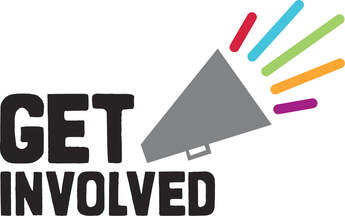

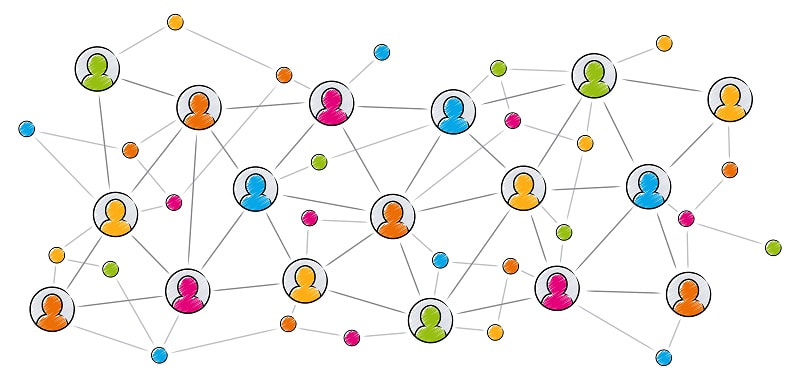







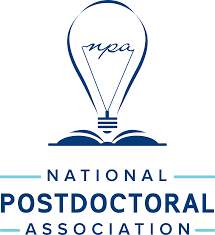
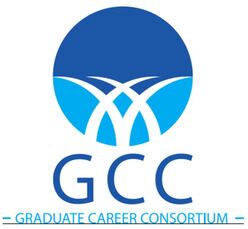

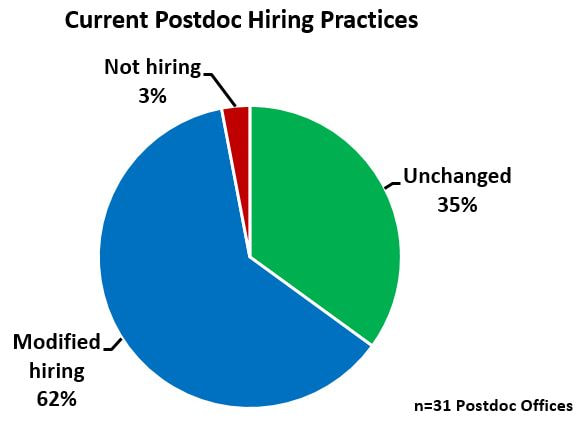
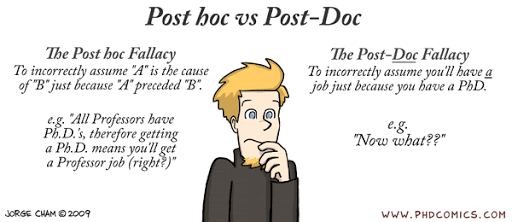
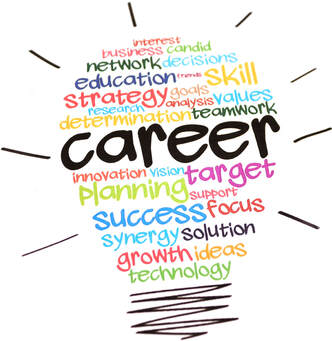





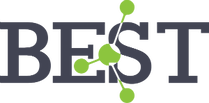

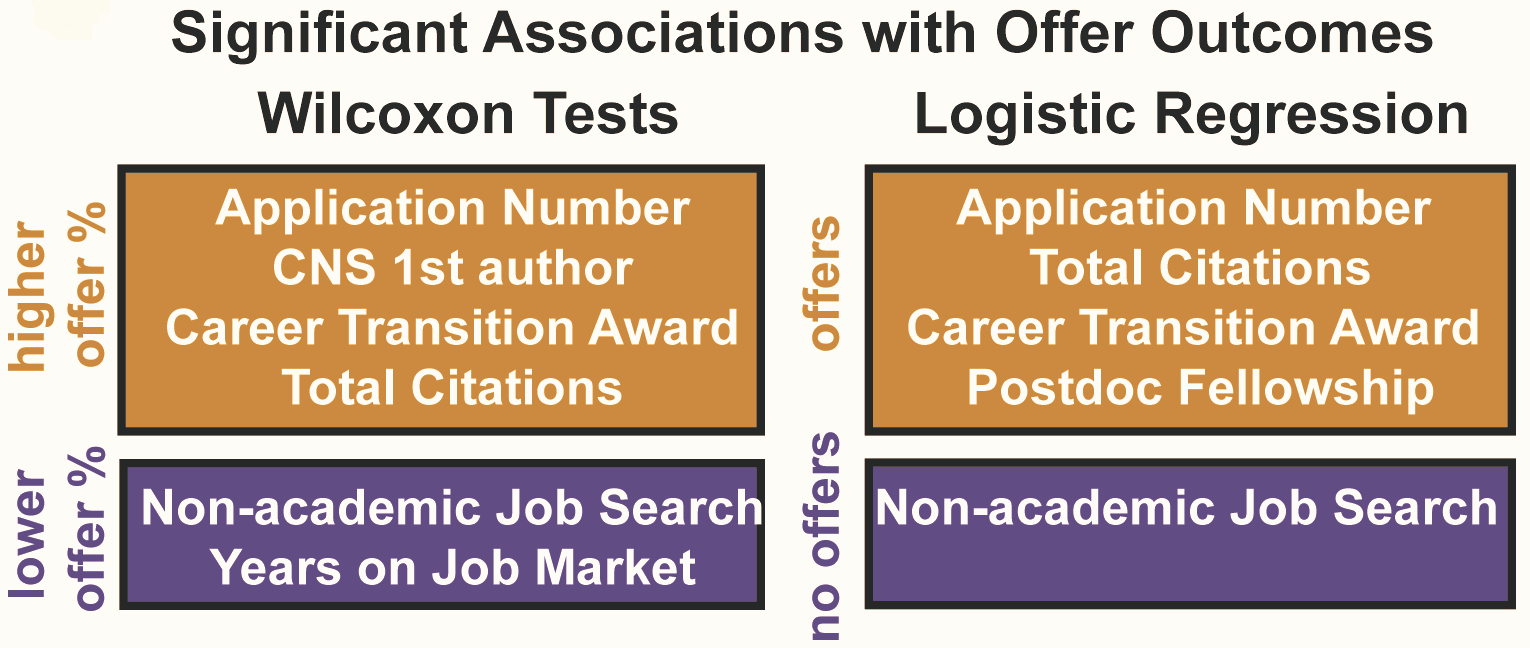

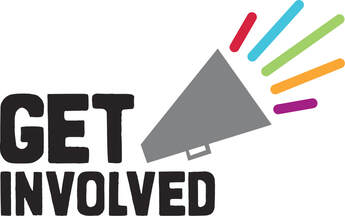


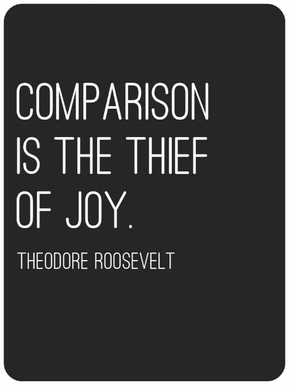
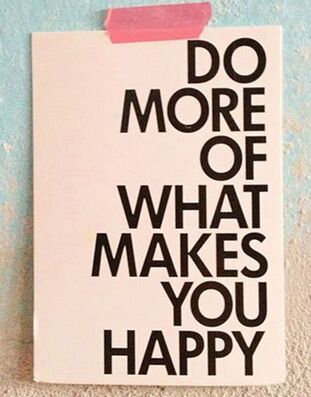
 RSS Feed
RSS Feed